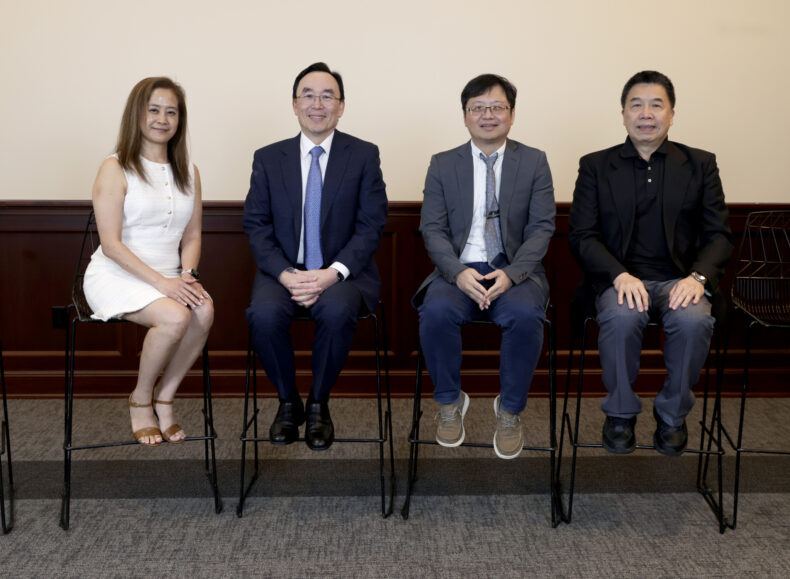
Bryan Shepherd, PhD, professor of Biostatistics and Biomedical Informatics at Vanderbilt University Medical Center, has received a MERIT Award, or Method to Extend Research in Time Award, from the National Institute of Allergy and Infectious Diseases (NIAID), part of the National Institutes of Health (NIH).
According to the NIH website, MERIT Awards “provide long-term grant support to investigators whose research competence and productivity are distinctly superior and who are highly likely to continue to perform in an outstanding manner.”
Shepherd works on more efficient methods for validating electronic health record data for use in biomedical research. From a research perspective, data from EHRs can often be error prone in ways that are apt to bias study results.
Shepherd and a research partner, Pamela Shaw, PhD, a senior biostatistics investigator at Kaiser Permanente Washington Health Research Institute, are developing methods to more efficiently validate subsamples of EHR data to improve estimation for entire cohorts, thereby obtaining valid estimates without validating an entire database. The award comes with specific reference to the pair’s research concerning HIV/AIDS.
Merit Awards can provide researchers respite from competing for grant funding for periods of up to 10 years. NIAID issues 15 MERIT Awards per year.
“Our work is focused on unlocking the EHR’s full potential for aiding the understanding of human health,” Shepherd said. “We are very pleased to receive from the NIAID this generous support and recognition for our work.”
MERIT Awards stem from appraisal of applications for Research Project Grants, known as R01’s (the NIH code for project grants). Shepherd and Shaw’s MERIT Award stems from a recent five-year, $4.5 million NIAID grant to Vanderbilt University Medical Center for their research project, “Statistical methods for correlated outcome and covariate errors in studies of HIV/AIDS.”
With this competitive grant (NIH grant R37AI131771) having converted from an R01 to a MERIT Award, when the five-year funding period comes to an end, Shepherd and Shaw will be eligible to apply on a non-competing basis for a funding extension of two to five years.
VUMC co-investigators on the grant include Gustavo Amorim, PhD, and Ran Tao, PhD, in the Department of Biostatistics, Stephany Duda, PhD, in the Department of Biomedical Informatics, and Timothy Sterling, MD, and Jessica Castilho, MD, in the Department of Medicine, Division of Infectious Diseases.











